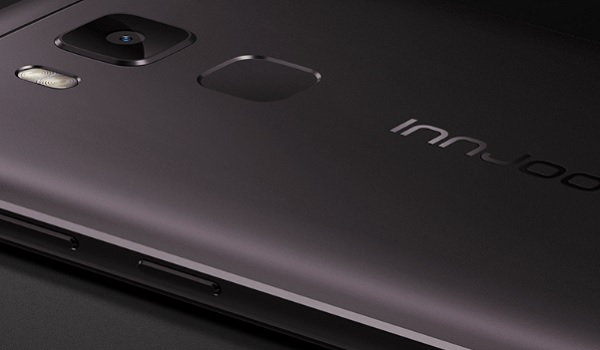Innjoo operated on the concept of running an “INternet JOurney” and this reflected in their apporoach to the Nigerian market. Innjoo phones were mostly available via online channels. It was a deliberate thing to cut down on costs and keep the price of their products down. But this was a key mistake on the part of the company. It is a mistake that has been made by other investors in the Nigerian e-commerce space. Names like Jumia and Konga come to mind, among others. The good thing is that Jumia and Konga quickly realised this and made some efforts to address it by opening pick-up centres – physical outlets where shoppers could pick up their goods. Of course, it wasn’t enough to fully cushion the situation, but look at how Innjoo, who did not respond quickly to that reality, ended up. The Internet market in Nigeria is still retlatively small today in 2020, so you can imagine what it was like back in 2014. It was going to be an uphill task for Innjoo to sell enough devices via online channels only. And it was. Eventually, Innjoo phones began to find their way into retail stores at Computer Village and at other places. But it meant that the company was going against its operational principle, and I do believe it was too late. The damage had already been done by then. Some argue that lots of buyers reported issues with Innjoo products and that this was key to the death of the brand. I agree that Innjoo phones had issues, but I disagree that this alone was why the brand went down. Early itel phones had issues too. Same goes for TECNO and Infinix. The early models of all these brands had issues, yet they have thrived in the same market. How did they do it? Answer: by getting on the ground and connecting with people where they are. TECNO, Infinix and itel built a highly effective network on the ground that reached the masses they were targeting. In schools, markets, sports grounds, and everywhere possible, those brands met with people and painted the country in their respective colours. Their success is no mistake. They worked hard for it and are still doing so. If you want to sell a mass market product in Nigeria, restricting your sales to online channels is still a bad idea. Most of the people you want to reach are not online yet, or they come online once a month on a 100MB data plan. You will not reach them that way. How do you sell smartphones and feature phones to people in Nassarawa or Ekiti states? Even here in Lagos, think of Ojo, Mushin, Oshodi, Agege, Ketu, Ikorodu, Epe and other areas. How do you sell mobile devices to people in those places? By running Internet campaigns alone? You joke. You will burn unnecessary cash and have nothing to show for it. You have to get on the road, meet with people on the streets, and sell right there on ground. TECNO, Infinix and TECNO got this and still do. Innjoo not so much. Note how the three Transsion brands have not neglected Internet channels either. It isn’t a game of exclusives. They tackled both the online and offline markets with fervour, and they are still running this very game plan till today. They get it. They understand that the Nigerian market, as presently constituted, is an odd marriage of old and new, offline and online, the past and the future, and they are not ignoring one at the expense of the other. Unless selling strictly premium and upper mid-range devices, mobile manufacturers who are depending strictly on online channels to push their devices are in for a rude shock. And manufacturers who ignore online channels also will pay for it. There is a ying and yang situation here….a place of balance. Innjoo missed that place. You can still find a few Innjoo phones to buy on Jumia and other sites, but this smartphone brand that once lit up the Nigerian market is a dusty shadow of itself.
Don’t miss our mobile phone reviews.Follow our news on Google News.Join our WhatsApp Group, to be notified of the most important articles and deals,Follow us on Instagram, Facebook, Twitter, and YouTube.


